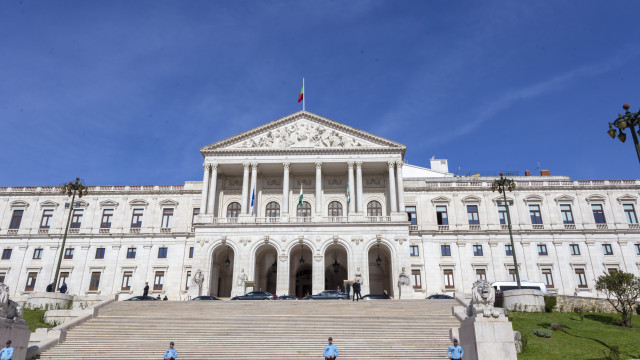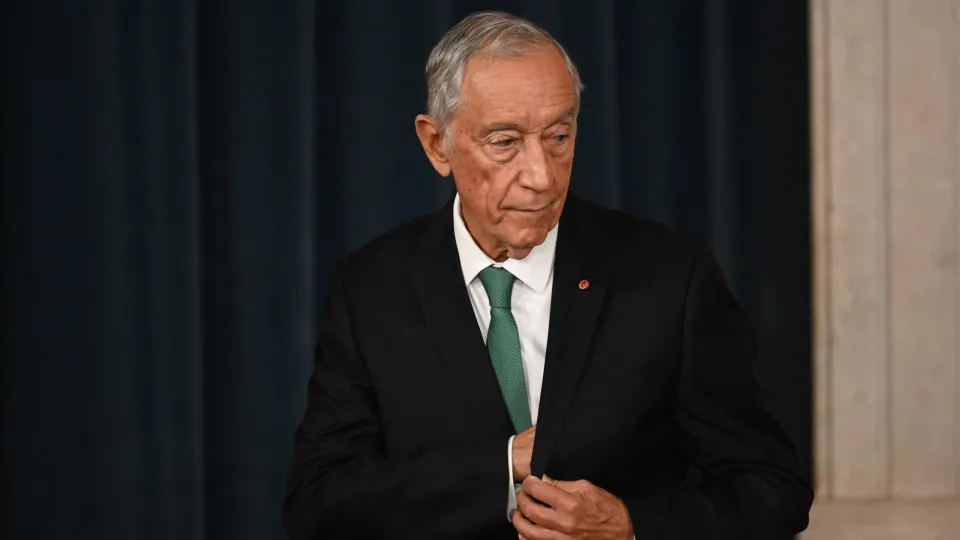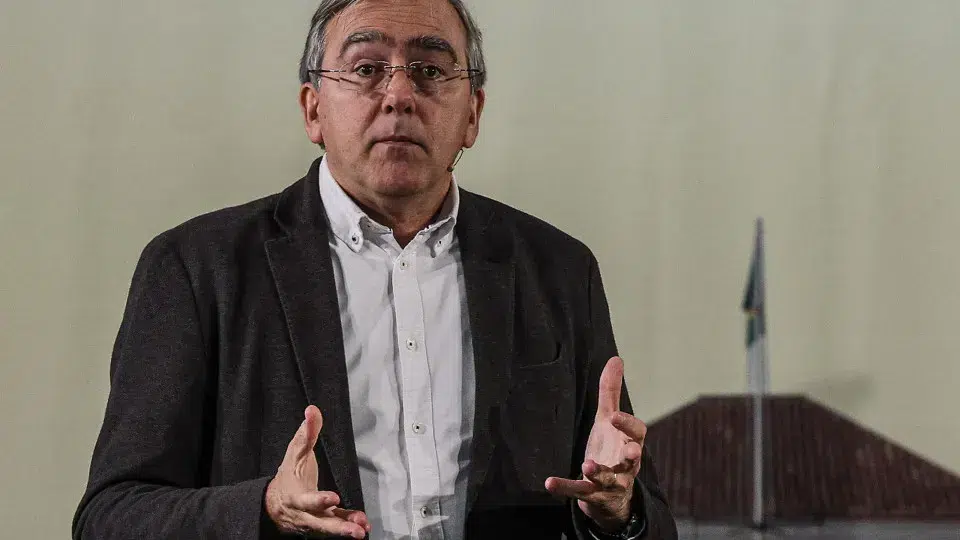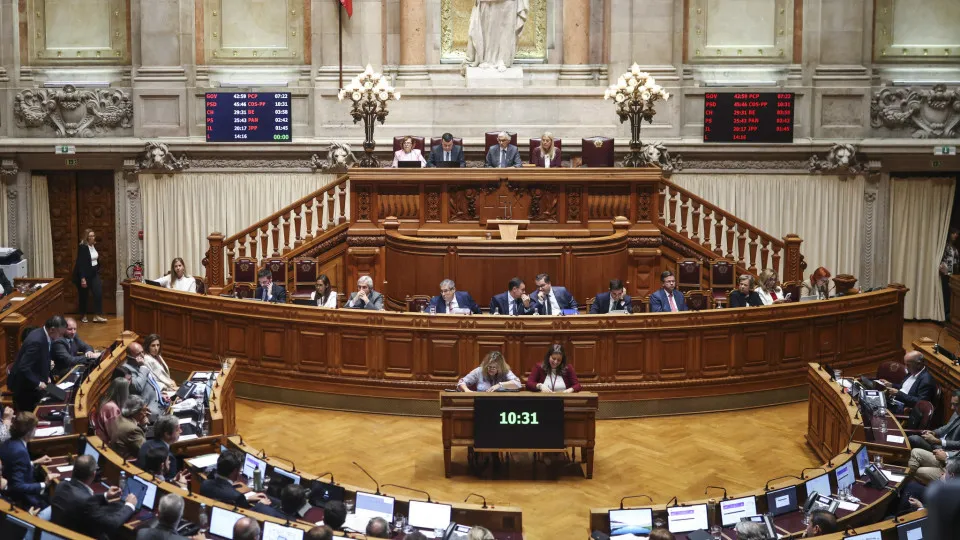Fifty years have passed since one of the most controversial dates in the recent history of Portugal: November 25, 1975.
The ongoing controversy surrounding this date is evident in the disputes over its commemorations, set to occur this Tuesday in Parliament. The ceremony will mirror the one held for the 50th anniversary of April 25, 1974, but without the symbolic carnations.
Parties such as Chega, Iniciativa Liberal, and CDS-PP have called for official sessions, while left-wing parties accuse the right of belittling the Carnation Revolution by making unfair comparisons. Notably, the PCP will not participate in the commemorations.
November 25, 1975, continues to fuel passions and divide perspectives, viewed by some as the consolidation of democracy and by others as the end of a “revolutionary dream.” Many myths still linger around this date.
Notícias ao Minuto interviewed journalist Filipe Garcia, author of the book “Breve História do 25 de Novembro,” recently launched by Ideias de Ler, to help demystify this day and discuss some of the unprecedented episodes he uncovered during his research, as revealed in his publication.
This year marks 50 years since November 25, a date always shrouded in controversy. What new insights does your book “Breve História do 25 de Novembro” bring to the discussion?
The book introduces new insights, such as the weapons available to the PS, how the PCP defended its headquarters with arms on that day, and how its leader, Álvaro Cunhal, sought to avoid the escalation of violence, even involving Otelo [Saraiva de Carvalho]. However, the book’s main aim is to illustrate how November 25 came to be and identify its true victors.
The real role of the PCP, often accused of attempting a coup, turns out to be crucial in preventing violence escalation
On the cover, you mention “revolutionary utopia” and “democratic prudence.” How do you define the “revolutionary utopia” that existed before November 25, 1975, and why do you believe this was the moment of transition to “democratic prudence”?
Revolutions inherently involve defending utopias, with exaggerations more emotional than rational. In Portugal, from April 74, various utopias were envisioned by both the Left and the Right. November 75 marked a pivotal, fortunately democratic, moment.
Your book features several testimonials and unpublished episodes. Which one most surprised you or do you find most revealing for the history of November 25?
The volume of arms distributed among various factions without any control is astounding. Given this, it is equally impressive how the military maintained composure during tense moments. The real role of the PCP, accused by many of plotting a coup, actually proved pivotal in preventing violence escalation.
The PREC period was characterized by significant instability. How close, in your opinion, were we to a widespread armed conflict?
The leap from words to deeds is often too great. During 74 and 75, there was much shouting, with radical attacks from Right against PCP headquarters and locals against private lands, but I believe no one truly desired a direct armed conflict. The armed forces always managed to maintain control.
Ramalho Eanes was the field commander, but President Costa Gomes, above him in the hierarchy, was truly decisive
Some view November 25 as the consolidation of democracy, others as the end of an “interrupted dream.” How does your book clarify or reinforce these views?
Revolutions are laden with dreams, both the return to the old regime and absolute power for the people. The book doesn’t necessarily dismantle these views, but the truth is those in power on November 24 remained, including the PCP, leading towards the Constitution’s approval and free elections.
At one point, you reveal Álvaro Cunhal sought to avoid armed conflict. What facts led you to this conclusion?
Even during the Estado Novo, Álvaro Cunhal didn’t advocate seizing power by force. This is a major misconception about the date. The PCP might have operated on dual tracks, institutional politics and street tactics, but the book presents multiple testimonials highlighting how the party and its leader inevitably played a calming role.
Based on your research, what truly happened on November 25, 1975?
The far-left was losing influence while the far-right was gaining ground. On November 25, democratic forces from the moderate Left managed to simultaneously neutralize both extremes.
Do you think Ramalho Eanes was truly the savior of democracy, as many claim?
Ramalho Eanes commanded the forces on the ground, but President Costa Gomes, higher in the hierarchy, was, in my view, truly decisive.
Today, there is so much noise about the date, with many distorting history to claim a victory that wasn’t theirs, that I hope my book helps dispel myths
After 50 years, November 25 remains a divisive date. You note this story is far from closed. What do you believe hinders consensus?
The Right seems to seek a date to celebrate, almost as an alternative to April 25, claiming an unachieved victory. The radical Left knows it lost its main strength, popular agitation, on that day. The moderate Left, including the PS, appears embarrassed to celebrate a victory that was theirs.
What is the most persistent myth about November 25?
That it was all due to a PCP-led coup attempt. In reality, indications are that not only was the party outflanked by forces to its left, but there is also no evidence of any coup attempt.
For those who didn’t live through November 25, 1975, why is it important to know its brief history?
Today, there is so much noise about the date, with many distorting history to claim a victory that wasn’t theirs, that I hope my book helps dispel myths and maneuvers that are merely political propaganda with little or no historical foundation.

The parliament marks today the 50 years of November 25 with a solemn session similar to the one held in 2024 to commemorate the 50th anniversary of April 25, preceded by a military parade in Lisbon.
Lusa | 06:17 – 25/11/2025




